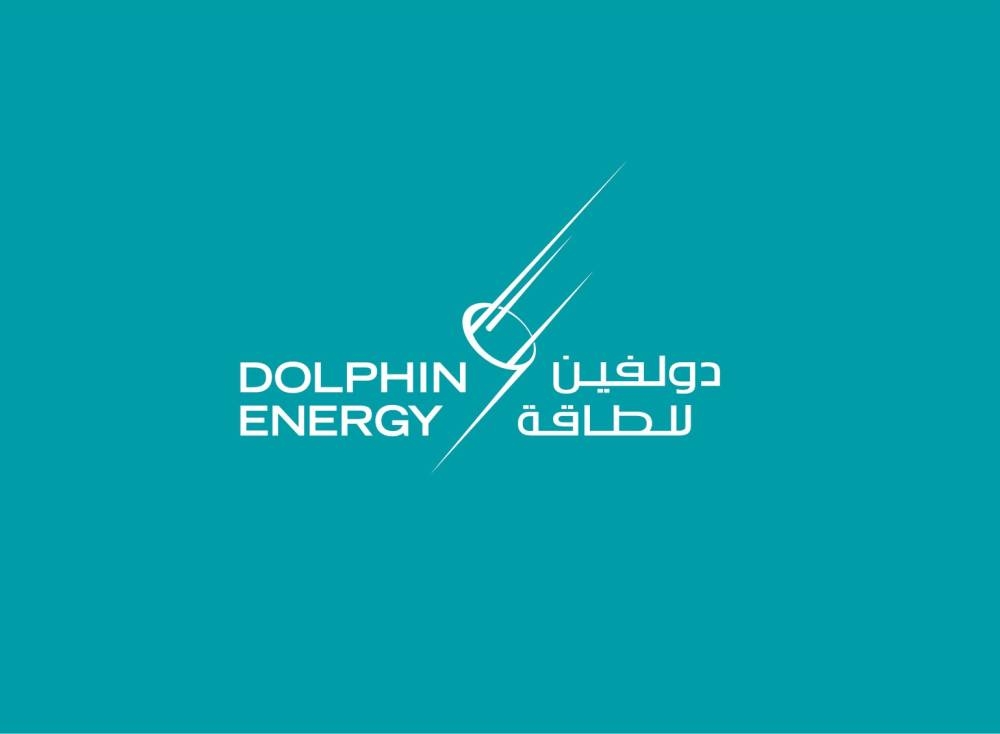
Dolphin Energy has replaced plastic and foil food delivery containers with more sustainable materials at its upstream sites in Qatar as part of the company’s pro-environment waste management initiatives. In 2022, total waste generated (both hazardous and non-hazardous) increased, Dolphin Energy noted.
This was due to a number of factors, including the more people returning to offices following the Covid-19 pandemic, the addition of offices at Kizad (industrial zone) to its data scope, and the new generation of emulsion (hazardous waste). The energy company also saw recycling rates fall due to less recyclable material being generated (e.g., electronics, paper/cardboard, and catalysts).
In its ‘Sustainability Report 2022’ Dolphin Energy said it seeks to dispose of all waste in accordance with laws and industry standards, while at the same time identifying opportunities to recycle and “close the loop” on waste and resources.
To reduce quantities of waste disposed into landfill, the company identifies opportunities and synergies with other industries so that the waste it generates is taken by another industry for reuse.
“We have recycling programmes in place not only for our office waste but also for electronics and several of our non-hazardous industrial waste,” Dolphin Energy noted.
The company’s notable environmental achievements last year include a 1.2% decrease in total Greenhouse Gas Emissions (GHG), an 81% reduction in venting and a 69% decrease in SO2 emissions. Furthermore, the company recorded a 14.7% decrease in water consumption. There were zero recordable spills and a 1.7% reduction in direct energy consumption.
In 2022, Dolphin Energy increased environmental expenditure by 13%. The company also unveiled a decarbonisation roadmap, building on a program launched in 2012, backed by a strong governance and accountability framework comprising HSE&S, GHG and sustainability policies.
Dolphin Energy’s major strategic initiative, the Dolphin Gas Project, involves the production and processing of natural gas from Qatar’s North Field, and transportation of the dry gas by sub-sea export pipeline from Qatar to the UAE, which began in July 2007.
Dolphin Energy’s upstream activities are focused mainly at Ras Laffan Industrial City. Here, the company’s gas processing and compression facilities receive and process gas from the North Field.
Valuable by-products are stripped before the lean gas is transported to the Taweelah receiving facilities in Abu Dhabi, UAE.

